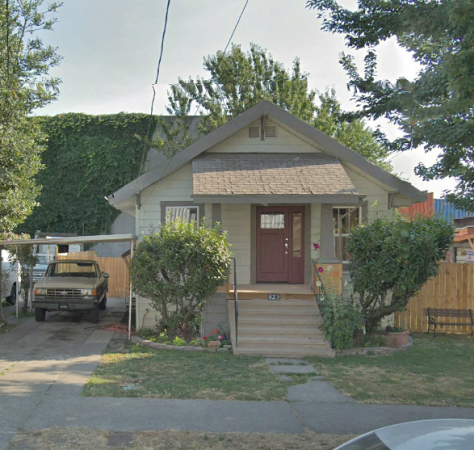In the Covid world of today (link The Covid Economy) and post-election, it seems like a good time to pause and assess Seattle commercial real estate and where it is heading. Seattle has slipped in its national commercial real estate ranking, 140 retail, dining, cultural, and service establishments have closed since the start of the pandemic. Downtown has boarded store fronts, tents, drugs, and homeless on the streets of its central core. Only 1.3 Million square feet of offices have been leased in downtown in 2020, the lowest amount since 2000. Vacancy rates are expected to top 10% before year end with a total of over 3.6M square feet, rents are down 2.2%. Those businesses that have remained open report losses anywhere from 35-95% of former levels. An estimated 470,000 downtown jobs were lost in the first half of this year with layoffs under the current lockdown having gone up from 63% to 75%.
The City Council has addressed the concerns of its citizens by cutting the police department budget -again, funding more social services and assessing a vehicle license tab fee originally intended for badly needed bridge repairs, into a fund where a citizen committee will determine its uses. A majority of Seattle citizens polled clearly favored moving people out of tent encampments and 74% said unauthorized encampments are out of control. A whopping 93% say public spaces are more important than ever and that the city needs to invest money to maintain the quality of life in their city.
In a recent conversation by Seattle Commercial Real Estate professionals with professionals in the hotel and hospitality industry, the pace for recovery in hospitality to 2019 levels is projected to take as long as 2023. A recent Business Journal article confirmed the worst. Passenger volumes in the airline industry are down 64%. 67% of previously booked conventions were cancelled with an estimated economic impact of $446 Million to Seattle. The Alaska Cruise Industry is locked down as it is worldwide. With a pending default on the $1.3 B Convention Center Expansion poised for next spring, this is not good news. The consensus amongst Seattle businesses is that a recovery will take anywhere from one to three years.
There MUST be collaboration between business and the city council (link The Swedish Business Model). Seattle Commercial Real Estate has long term confidence in Seattle and its citizens. In the short term stay out of the downtown core area. In the long term having equity with a long-term will enable property owners to survive and ultimately prosper. On the on the other hand, those properties with problems today, are an opportunity for profit tomorrow. It is going to be an interesting journey from one Thanksgiving to the next for Seattle commercial real estate. In the meantime, looking east of Lake Washington, Pierce, and Thurston Counties to the south, merit a close look.




